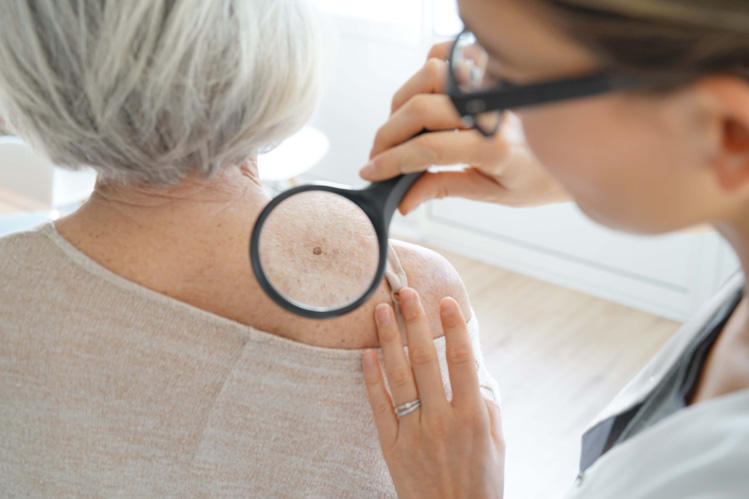Mohs Surgical Procedure Explained: A Trick Procedure in Dermatology for Taking Care Of Skin Cancer Cells Successfully
In the realm of dermatology, Mohs surgical treatment stands as an essential treatment for combating skin cancer, especially basal cell and squamous cell carcinoma. What precisely makes Mohs surgery so effective and how does it contribute to favorable person end results?
Recognizing the Fundamentals of Mohs Surgical Procedure
Although it could seem complicated, Mohs surgery is an accurate surgical strategy made use of primarily to treat skin cancer cells. Named after Dr. Frederic E. Mohs, that developed the procedure, it gives the highest treatment rate for certain sorts of skin cancers cells, consisting of basal cell carcinoma and squamous cell cancer. The key goal of Mohs surgical treatment is to get rid of all cancer cells while saving as much healthy tissue as possible. It functions as a preferred alternative for cancers located in cosmetically delicate or functionally important areas like the face, hands, feet, and genitals. Its precision and high success price have made Mohs surgical procedure a foundation in dermatology, providing hope to individuals worldwide. It is essential to keep in mind, nevertheless, that this procedure is normally scheduled for details kinds of skin cancer cells.

The Procedure: Step-by-Step Malfunction of Mohs Surgery
While Mohs surgical treatment could seem daunting, understanding the step-by-step treatment can assist demystify the process. If cancer cells are spotted, the specialist eliminates another layer of skin and the procedure is repeated. This cycle proceeds up until no more cancer cells are found, guaranteeing the complete removal of cancer while protecting as much healthy skin as possible.
The Advantages of Mohs Surgical Treatment in Skin Cancer Treatment
An excellent number of individuals have uncovered the one-of-a-kind benefits of Mohs surgical procedure in their fight versus skin cancer cells. The treatment is generally carried out on an outpatient basis under local anesthetic, making it less straining on the body than even over at this website more invasive surgeries. skin cancer. Mohs surgical treatment offers a premium choice for efficient skin cancer therapy.
Possible Risks and Difficulties Connected With Mohs Surgical Treatment
Despite its many benefits, Mohs surgery is not without more helpful hints possible dangers and complications. Like all surgeries, it lugs a risk of infection, bleeding, and an adverse response to anesthesia. In uncommon cases, people may experience nerve damage, causing feeling numb or weak point in the area of surgical treatment. There's also the opportunity of a recurrence or spread of skin cancer cells, specifically if all cancerous cells were not totally removed throughout the procedure. Scarring is an additional issue, as it can be noticeable depending upon the dimension and location of the treated area. The emotional impact of a skin cancer diagnosis and succeeding surgical treatment should not be taken too lightly, as it can lead to anxiousness and anxiety in some patients.
Getting ready for and Recuperating From Mohs Surgical Procedure: What to Anticipate
To make certain the most effective possible result from Mohs surgical treatment, patients need to appropriately prepare click here to find out more for the procedure and understand what to anticipate throughout recuperation. Prep work normally involves a thorough discussion with the doctor about the client's medical background, existing drugs, and possible allergic reactions. Some drugs may require to be stopped before the surgical procedure to decrease blood loss. Postoperative care is essential for successful recuperation. Individuals may experience mild pain, inflammation, or swelling, which can be managed with suggested medicines. They are recommended to rest, stay clear of arduous tasks, and keep the medical website clean and completely dry. Routine follow-ups are necessary to check recovery and spot any kind of difficulties early. The key to recovery is patients' adherence to their doctor's directions.
Conclusion
